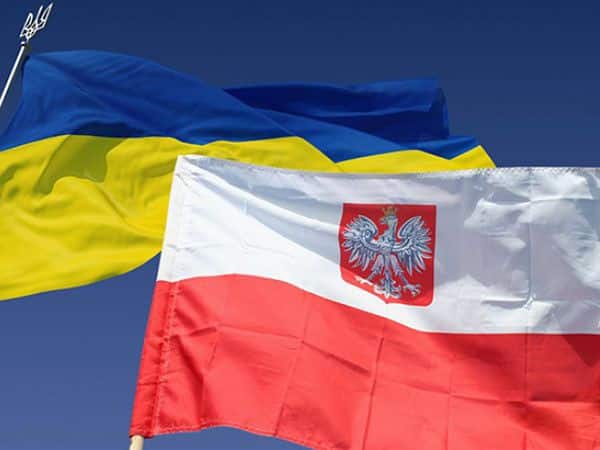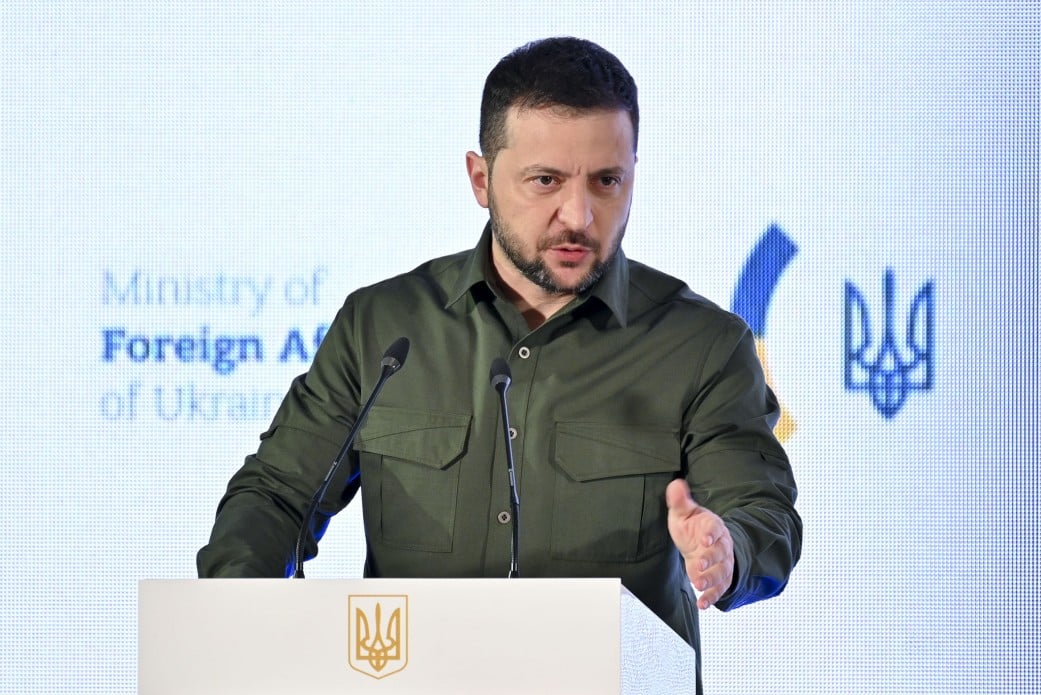Southeastern Europe is entering renewed crisis—and Moscow is fomenting more chaos at a dangerous time, John Schindler, who is a security expert and former National Security Agency analyst and counterintelligence officer, wrote in an op-ed for Observer, titled ”We Need to Putin-Proof the Balkans.”
Montenegro parliament`s official approval of the country`s invitation to join the North Atlantic Treaty Organization was unquestionably a setback for the Russians, the author wrote for Observer.
See also: Montenegro coup suspects push for poll to foil NATO bid – Financial Times
Vladimir Putin pushed hard to keep Montenegro out of the Atlantic Alliance, applying the full range of dirty tricks, including espionage, propaganda, subversion, even plotting assassination and terrorism.
While Montenegro brings little to NATO, its geostrategic position is important. NATO will now control the entire Adriatic coastline, which has real implications for the security of the Mediterranean and Southern Europe. The country`s key port of Kotor, a protected maritime repair facility long coveted by Moscow, is a definite positive for the Alliance.
Above all, by joining NATO, Montenegro`s strategic value is denied to the Russians.
This leaves Serbia, which was united with Montenegro in the last vestiges of Yugoslavia until 2006, landlocked and divided politically between East and West.
While there`s little Moscow can do now to block Montenegro from officially joining NATO, more serious is the possibility that Russian-backed agitators and provocateurs may foment chaos far beyond Montenegro. Too much of the region remains mired in corruption, criminality and political paralysis, and Balkan countries seem incapable of finding fixes to their intractable problems.
See also: Serbia to purchase Russian fighter jets amid Montenegro intention to join NATO
A return to widespread chaos and mayhem in Southeastern Europe seems possible.
Macedonia, the only country to escape Yugoslavia in the 1990s without violence, is bitterly divided between its Slavic majority and Albanian minority. Many of them are unhappy with the post-Yugoslav status quo, and an armed Albanian insurgency in the summer of 2001 in northwestern Macedonia nearly exploded into all-out ethnic war. Only strong pressure from NATO and the United States averted disaster. In the aftermath of the 2001 semi-war, Albanians were granted major political concessions, including guaranteed participation in any future Macedonian government.
This all has done little to ameliorate relations between Albanians and Slav Macedonians, not to mention that other problems like poverty, corruption, crime, plus the mostly toxic political legacy of the former Communist regime and its nasty secret police.
That heady brew burst forth in Skopje past week, with a brawl in parliamentresulting in numerous injuries. The longstanding political paralysis in Skopje may be on the verge of breaking—in the direction of violence.
Predictably, the Kremlin has predictably depicted the chaos as a Western plot against Orthodox Slavs. There is real danger that Macedonia could come unglued if this crisis is not brought to a heel quickly. It wouldn`t take much clandestine Russian prodding to turn Skopje`s brawling into actual war. Putin may want an unpleasant distraction for NATO and the EU in Southeastern Europe, and deeply divided Macedonia would be perilously easy to push over the edge.
It bears noting that Macedonia collapsing into ethnic war is the region`s longstanding nightmare scenario. Any sustained violence between Slavs and Albanians might rapidly drag in neighboring states like Albania and Serbia. If that happens, Bulgaria and Greece—both NATO countries which have a special interest in Macedonian matters—may not be far behind. Ethnic squabbles in that tiny Balkan country could devolve into a regional war with alarming ease.
It is therefore in the West`s interest to tamp down festering crises in the Balkans—above all in Macedonia—before they get out of hand. That will require keeping Russian malfeasance in the region to a tolerable level, yet it will also require NATO and the EU to confront the reality that the solutions they imposed on the former Yugoslavia in the 1990s are no longer functioning. Indeed, they constitute a big part of the problems imperiling Southeastern Europe today.
See also: Russia focuses on far-right and far-left European movements to influence EU




